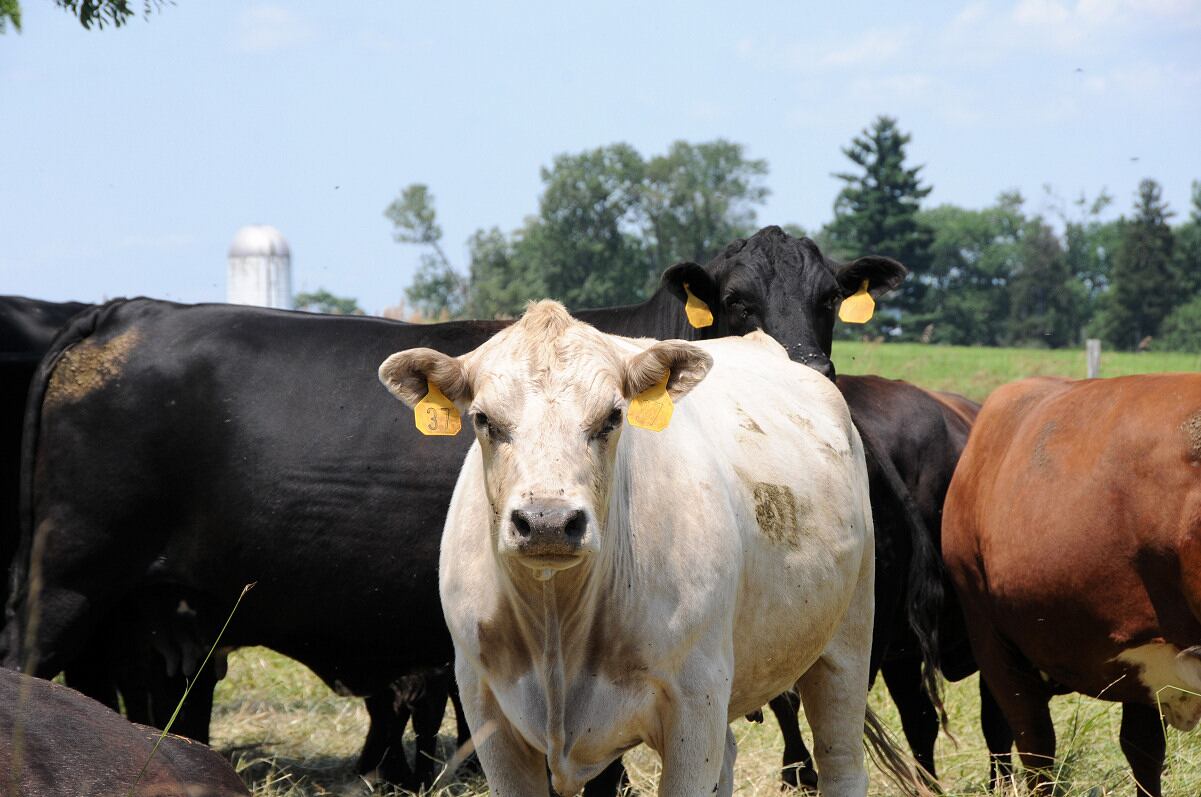However, it is to the sector’s immense credit that it has announced it is enhancing its emission and food waste goals under the Courtauld Commitment, with the ambition to halve greenhouse gas emissions and food waste by 2030, and promote sustainable development of water management.
If successful, this would mean, by way of example, saving the equivalent of an additional 1.9 billion meals in reduced food waste. Whilst it is always easy for the cynics to downplay the impact of such initiatives and the motivations behind them, it is a step forward. Let’s focus on the positive, and hope that in due course the legislators also fully engage to ensure commitments are met.
The Courtauld Commitment 2030 is a voluntary agreement signed up by operators in the food and drink sector. It targets 'collaborative action across the entire UK food chain to deliver farm-to-fork reductions in food waste, greenhouse gas (GHG) emissions and water stress that will help the UK food and drink sector achieve global environmental goals'.
Tesco and Nestlé
With significant players such as Tesco and Nestlé committed to the cause, the ramifications could potentially be seen throughout the supply and value chain, hopefully without too adverse a financial impact on smaller suppliers and producers. The conflict between doing the right thing and staying afloat is much more keenly felt in that world.
I am married to a fantastic climate change scientist, who regularly cites examples of actual pressures the environment is coming under, the terrifying consequences of our failure to act, and the general malaise of legislators to intervene to date. The recent IPCC report highlighted the impact and urgency, with likely increases in extreme weather events, including droughts, heatwaves and flooding.
It is heartening to see that wider industries and sectors are beginning to take commercial and practical steps, sometimes of their own volition, though often under pressure from their customers, stakeholders, workforce and, increasingly, investors. This is certainly now a boardroom issue.
Demands for environmentally friendly products
As consumers become more assertive in their demands for sustainable and more environmentally friendly products, so suppliers need to pivot to meet this need, or risk losing revenue. If anything, it is in the interest of industries to make changes now rather than being forced to do so later.
The UK Government has committed to realising a carbon net-zero economy by 2050. In order to achieve that ambitious goal, it is widely anticipated that new laws and regulations will increasingly demand more of businesses. That will include more transparency about their climate risks – with reporting in line with the recommendations of the Taskforce on Climate-Related Financial Disclosures (TCFD) set to become mandatory for certain businesses in the UK over the next few years.
Finally, the key challenge will be how these targets are actually met, notwithstanding the commitment and potentially imminent legislation. It’s one thing to commit to change, but another to actually be able to implement it across an industry (and society). It will be fascinating to see the continued conflict between profit and sustainability. There really should only be one winner.
In any event, as long as it does not lead to complacency, this is positive news and hopefully, something that will be replicated across-industry, sooner rather than later.
Jason Saiban is a commercial partner and head of technology, digital and brands at law firm Charles Russell Speechlys.




